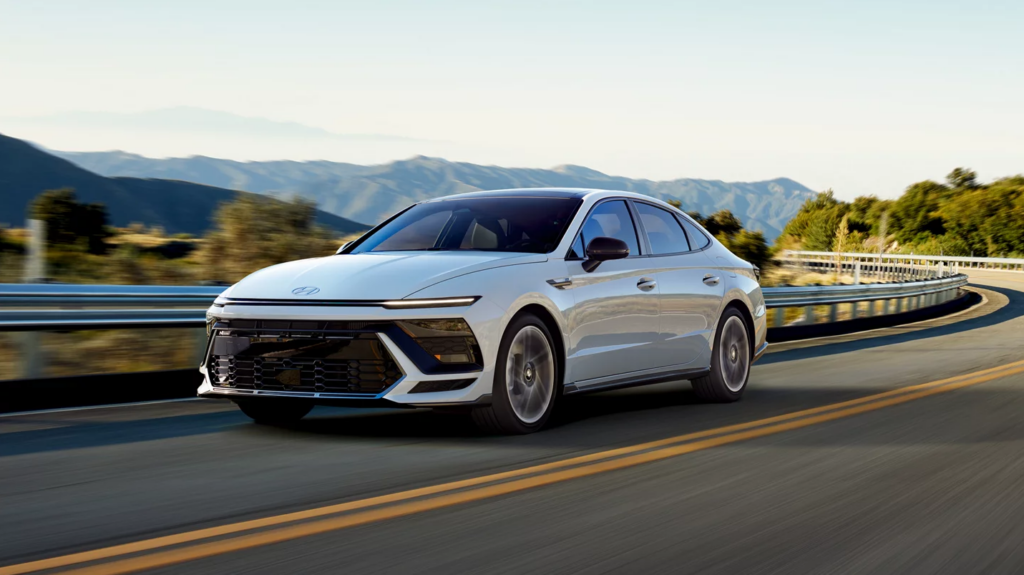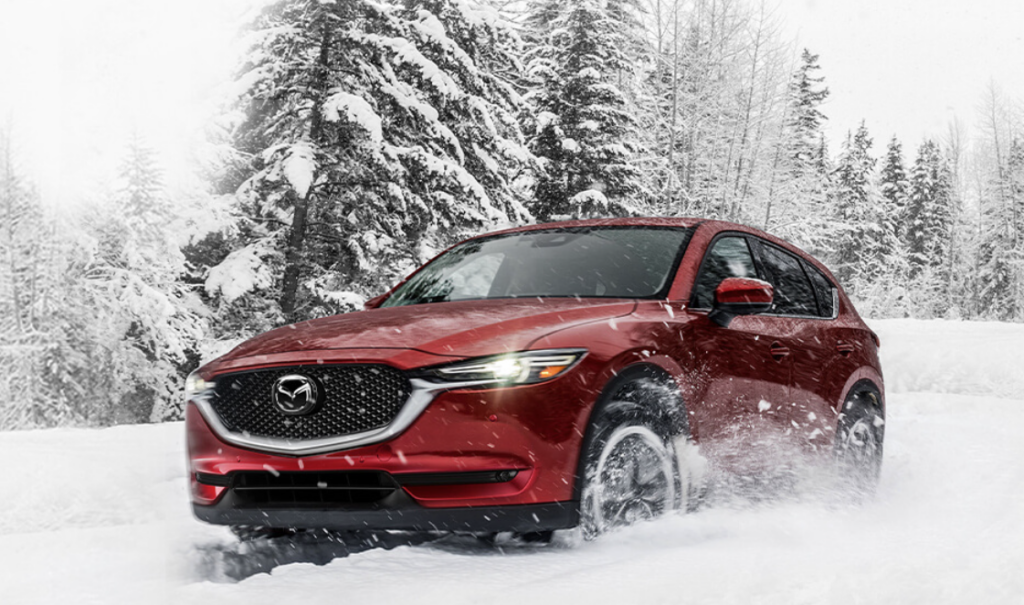If you’re asking, “When is a good time to sell your car?”, the answer is almost always sooner rather than later. In general, your car is worth more today than it will be tomorrow. However, there are nuances for some drivers that can change the dynamic. Here’s a closer look at when selling makes the most sense, and when waiting won’t hurt.
2025 Is Almost Here
As the calendar approaches 2025, it’s important to recognize that your car’s value will drop significantly once the new year begins. On January 1st, your vehicle will effectively be considered a year older, even if it hasn’t aged by much in terms of mileage or condition. This is because most car buyers and dealerships use model year as a primary factor in determining value. If you’re thinking about selling or trading in your vehicle, now is the time to act before the new model year triggers additional depreciation.
👉 We track used car prices weekly
Mileage Matters: Watch Out for Costly Milestones
Mileage plays a big role in determining a car’s resale value. Two critical thresholds where cars typically lose significant value are at 100,000 miles and 150,000 miles. Once a vehicle crosses 100,000 miles, it’s seen as a higher maintenance risk, which can reduce its value by up to 20%. At 150,000 miles, the depreciation steepens further, as buyers become wary of potential expensive repairs. If your car is approaching one of these milestones, it may be time to consider selling before the value drops significantly.
If You Don’t Sell Before Year’s End, Wait for Tax Refund Season

If you decide not to sell before the end of 2024, your next best option is to wait until the spring, when tax refund season fuels a surge in used car demand. Historically, many buyers use tax refunds to purchase used vehicles, making it an ideal time to sell and get a better price. As demand rises, so do resale values. Timing your sale around this season can help you maximize your car’s value.
How Hurricanes Impact the Used Car Market
Hurricanes Milton and Helene brought devastation to the Southeastern US in October. As the cleanup continues, the new and used car markets are beginning to feel the impacts. With a large number of vehicles damaged by flood waters and wind, thousands of cars were taken off of the market for the time being. This has created a spike in demand and pricing, which could work in favor of sellers. However, keep in mind that replacing your car during this shortage may be more expensive, and the risk of flooded cars on the market warrants caution for car buyers and sellers alike.
All-Wheel Drive Vehicles: Sell Before Winter Ends

For those owning all-wheel drive (AWD) vehicles, selling now is a strategic move. AWD cars and SUVs are highly desirable in cold climates, making this the season when demand (and therefore resale value) peaks. As winter fades and spring approaches, buyers become less interested in AWD vehicles, leading to lower offers. By timing your sale to match seasonal demand, you can justify a higher selling price, putting more money in your pocket.
Check out the best cars and SUVs for winter driving
The Bottom Line: Should You Sell Now or Wait?
In general, holding onto a vehicle means watching its value decline. When it comes to playing it smart, the rule of thumb is to sell when demand is high and before your car depreciates further. Stay informed about your car’s depreciation with the CarEdge Research Hub, where you can compare depreciation, total cost of ownership, and more to make an educated decision about your next move. It’s free data for all!













0 Comments